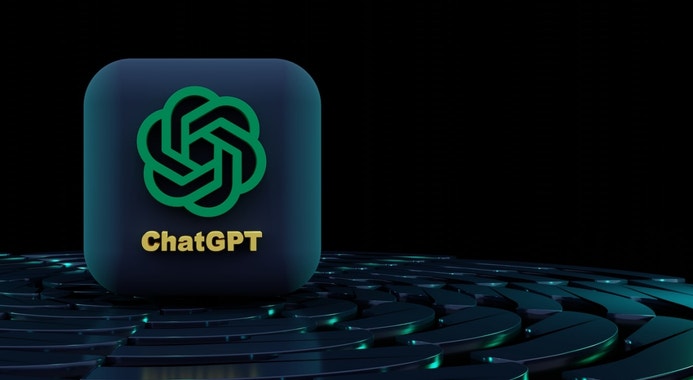Can ChatGPT Play a Productive Role in Science Education?
It has been nearly a year since ChatGPT exploded into the public consciousness, sparking in equal measure excitement and anxiety about the rise of artificial intelligence (AI).
This is precisely why for most people, AI refers only to large language models like ChatGPT. But even before such models were accessible to the public, AI was ubiquitous in modern lives. Personalised social media feeds, automated spellcheckers and digital voice assistants like Siri are all powered by AI.
Those alarmed by the rise of ChatGPT feared that AI would eat into jobs or be misused to spread disinformation. Proponents of AI branded such people as Luddites.
Since then, opinions have not become any less polarised. This became evident at a recent panel discussion at the Hong Kong Laureate Forum, hosted by the Shaw Foundation. During a talk on the role of AI in science education, some panellists were deeply sceptical that AI indeed had a role at all, while others said it would democratise science.
Despite the polarised reactions, one thing remains common between the two camps: Nobody really knows where AI is headed, even in the near future. Our best bet at prediction, it appears, is through imperfect analogies.
Professor Andrew G. Cohen of the Hong Kong University of Science and Technology was of the opinion that ChatGPT would be as disruptive as an electronic calculator. When calculators first became available, he said, many were concerned that it would discourage students from performing arithmetic and mathematical functions. In the long run, calculators would negatively impact cognitive and problem-solving skills, it was believed.
While this prediction has partially come true, Cohen says the benefits of calculators far outweigh the drawbacks. With menial calculations out of the way, students had the opportunity to engage with more complex mathematical concepts. What calculators did for arithmetic, large language models can do for language, the professor argued. The interactive nature of AI will allow students to engage with science in a way they have not been able to so far, he says.

Add comment